Oct. 26, 2024, 9:00 AM UTC
The American presidential election isn’t the only vote that the Kremlin has its eyes on — and, arguably, is seeking to get its hands in.
Two of Russia’s neighbors find themselves at a crossroads, with Moscow hoping to steer them toward its orbit rather than greater engagement with Europe. The key votes in Georgia and Moldova this week are therefore being closely watched across the West.
In Georgia, the very possibility of future free and fair elections may be on the ballot.
That’s if the country’s party of power, Georgian Dream, either wins a parliamentary election Saturday or refuses to leave office if it doesn't. Opposition lawmakers and analysts told NBC News that the party's scare tactics and attempts to subvert the vote stand to benefit Russia, as would the alleged schemes hatched in the run-up to votes in Moldova this week if they had carried the day.
“This is probably the most defining moment in Georgia’s modern history,” Salome Samadashvili, liberal opposition lawmaker and the country's former head of mission to the European Union, told NBC News in an interview. “Since we regained independence in the '90s, at no point have we had a government that questions its future in Europe.”
Georgian Dream did not immediately respond to a request for comment.
For Moscow’s part, Kremlin spokesperson Dmitry Peskov told NBC News on Friday that “we are in no way attempting and hardly have an opportunity to influence the situation and electoral processes in these countries.”
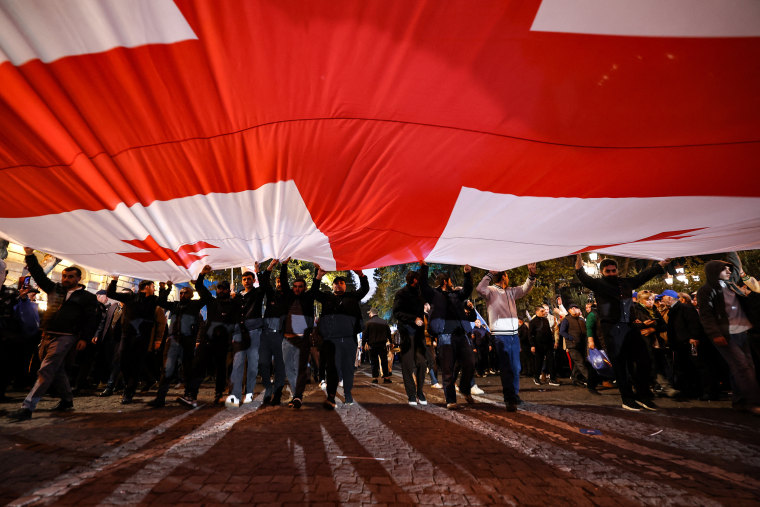 Supporters of the ruling Georgian Dream party attend the party's final campaign rally in Tbilisi on Wednesday.Giorgi Arjevanidze / AFP via Getty Images
Supporters of the ruling Georgian Dream party attend the party's final campaign rally in Tbilisi on Wednesday.Giorgi Arjevanidze / AFP via Getty Images'Hybrid warfare'
Moldova on Sunday voted by a razor-thin majority to continue its progress toward joining the E.U., despite accusations from Moldovan authorities that pro-Russian operatives engaged in vote-buying among tactics aimed at undermining the vote.
The country will hold run-off parliamentary elections early next month, after a surprisingly strong showing from the pro-Moscow candidate in the first round.
The elephant in the voting booth in both countries is Russian President Vladimir Putin's war in Ukraine.
“Russia has built up an enormous arsenal of election and political interference mechanisms, which it deployed very heavily in both Moldova and Georgia recently,” said Heather Grabbe, a senior fellow at Brussels-based think tank Bruegel.
“This is clearly something that’s going to be an ongoing part of the strategy of hybrid warfare, whereby it’s fighting militarily to try to take over Ukraine and then not militarily in Georgia,” she said in a phone interview.
Moldova shares its largest land border with Ukraine, whereas Georgia is just across the Black Sea from the crucial Ukrainian port city Odessa.
All three countries are former Soviet states and ones where Russian roots run deep: A quarter of Moldova’s population is ethnically Russian, and a separatist government in the Transnistria region, which is internationally recognized as being part of its borders, is backed by the Kremlin.
Meanwhile, Russia invaded Georgia in 2008 and still controls the regions of Abkhazia and South Ossetia and has since tried to “borderize” parts of the country — slowly and piecemeal shifting the boundaries between countries.
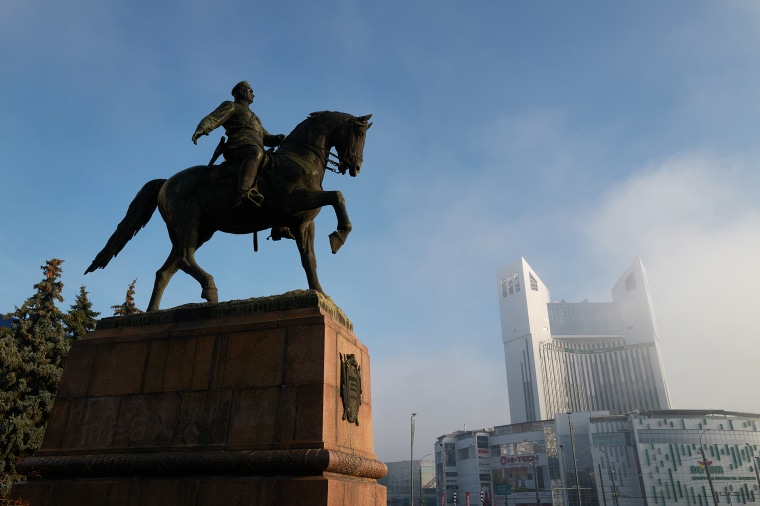 A monument to Red Army Russian Gen. Grigory Kotovsky in Chisinau, Moldova, on Tuesday.Pierre Crom / Getty Images
A monument to Red Army Russian Gen. Grigory Kotovsky in Chisinau, Moldova, on Tuesday.Pierre Crom / Getty ImagesEven so, attempts to bring the three nations into the European Union had stalled in the years prior to Russia’s full-scale invasion of Ukraine.
The beginning of that war “really created this sense of urgency and also really led the E.U. to extend the membership prospect to these three new countries in the East: Ukraine, Georgia and Moldova,” said Marta Mucznik, a senior E.U. analyst at international peace-advocacy nonprofit Crisis Group.
Since then, the E.U. has moved to accelerate the membership processes of all three countries.
Ukraine began talks this summer, while Brussels granted Georgia candidate status last year but froze that process in May after leaders in Tbilisi cracked down on protests against a bill seen as authoritarian and Russian-inspired by critics. Moldova, meanwhile, voted narrowly to join the bloc on Sunday.
The pro-E.U. camp won 50.46% of the vote despite police there saying that pro-Russian fugitive businessman Ilan Shor had channeled $39 million to voters in September and October.
Moldovan President Maia Sandu, who topped the first round of presidential voting the same day, posted on X that “without the buying of votes, the outcome today would have been different. We would have had a convincing victory in the presidential election and the referendum!”
The Kremlin saw things differently. “You could see with a naked eye the changes in the dynamics of the vote count during the referendum that were hard to explain,” Peskov said. “Moldova’s leadership does not bother to explain these anomalies.”
Moldova has moved to ban Russian media outlets operating in the country, and the million or so citizens working and living in the E.U. have also had a crucial influence, said Grabbe, from the Bruegel think tank. But there have been fewer moves to counter a more subtle Russian influence in Georgia, she added.
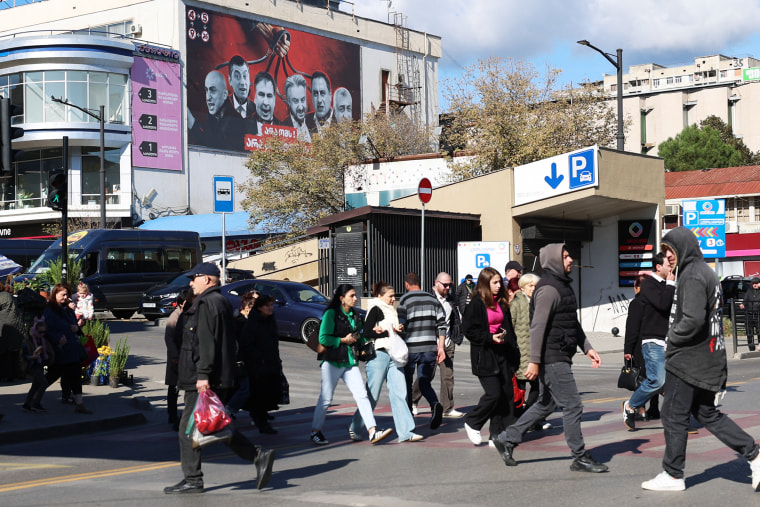 Election posters in the Georgian capital of Tbilisi on Tuesday.Giorgi Arjevanidze / AFP via Getty Images
Election posters in the Georgian capital of Tbilisi on Tuesday.Giorgi Arjevanidze / AFP via Getty ImagesReliable polling out of Georgia is hard to come by, but according to figures released in December by the nonprofits National Democratic Institute and Caucasus Research Resource Center, 79% of Georgians then wanted to proceed toward E.U. membership.
Despite this, the incumbent Georgian Dream appears to have a strong chance of winning this weekend’s elections against a fragmented opposition.
Party leader Bidzina Ivanishvili, the country's richest man, has vowed to outlaw all opposition parties if Georgian Dream wins, but experts say the party’s messaging on other issues is well-supported in rural regions and towns outside of the capital, Tbilisi.
Georgian Dream has used the specter of being dragged into the Ukraine war to controversial effect in its campaign material. Recent leaflets showed the image of a bombed-out church in Ukraine with the caption "No To War," opposite one of Tbilisi’s more famous churches and the message "Vote for Georgian Dream."
“That caused quite a lot of tension within the public,” said Natia Seskuria, founder and executive director of the Regional Institute for Security Studies, a Tbilisi-based think tank that is partnered with the Royal United Services Institute, a London-based think tank. “It’s an emotional issue and it was very frustrating for people to see these tacky banners all around the city.”
The Kremlin has echoed the ruling party's efforts to accuse the West of meddling. “It is hard to imagine how a proud nation like the Georgians is putting up with such ultimatums pouring onto them every day,” Peskov said.
Even so, analysts contend that calling Ivanishvili pro-Russian would be an oversimplification.
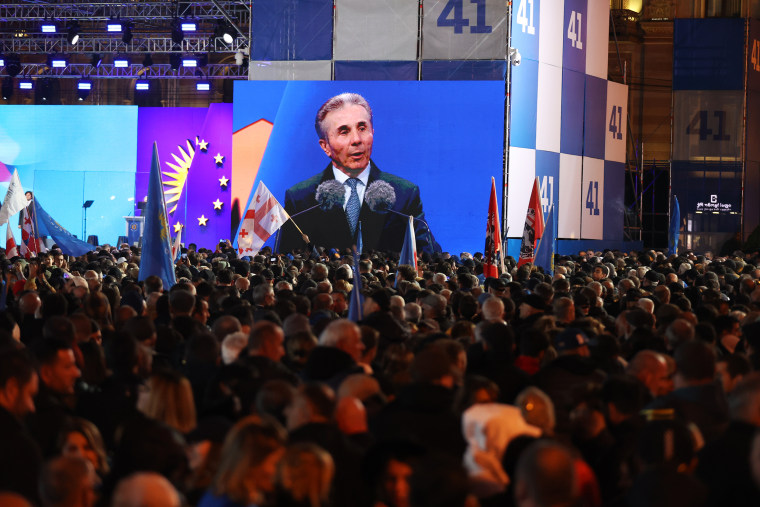 Bidzina Ivanishvili, founder and honorary president of the Georgian Dream party, during a rally at the Freedom Square in Tbilisi on Wednesday.Davit Kachkachishvili / Anadolu via Getty Images
Bidzina Ivanishvili, founder and honorary president of the Georgian Dream party, during a rally at the Freedom Square in Tbilisi on Wednesday.Davit Kachkachishvili / Anadolu via Getty ImagesGeorgia has historically been a strategically important but ideologically ambiguous power able to court Europe, Russia, Iran and China via the Silk Road, a vast network of trade routes that spanned from China to the Mediterranean. And Georgian Dream has pursued a transactional relationship with regional superpowers similar to the strategy of its Caucasus neighbor Azerbaijan, analysts say.
“The Georgian Dream is pro-itself. Ivanishvili wants to stay in power,” Eurasia Group analyst Tinatin Japaridze said. Ivanishvili “wants to have access to his wealth, a lot of which is, of course, attached to Moscow so they have reached the sort of a transactional understanding that has absolutely nothing to do with ideology.”
While Georgian Dream has muddied the waters by featuring the iconography of the E.U. in its campaigning materials and claims it still wants Georgia to join the bloc, the country’s opposition parties are in no doubt about the risks posed by a victory for the party this weekend.
“Ivanishvili thinks he needs to be in power forever and democracy doesn’t allow for that,” opposition lawmaker Salome Samadashvili said. “So that’s why he gave up on democracy.”

 3 settimane fa
45
3 settimane fa
45
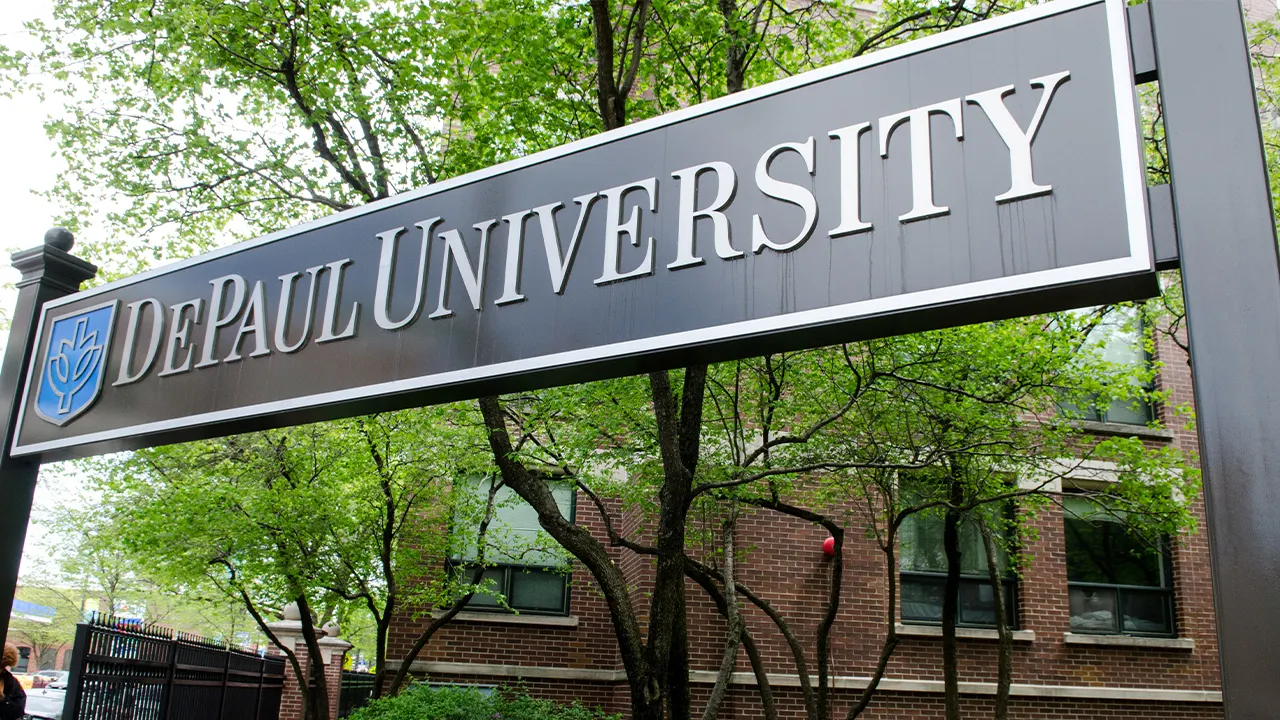

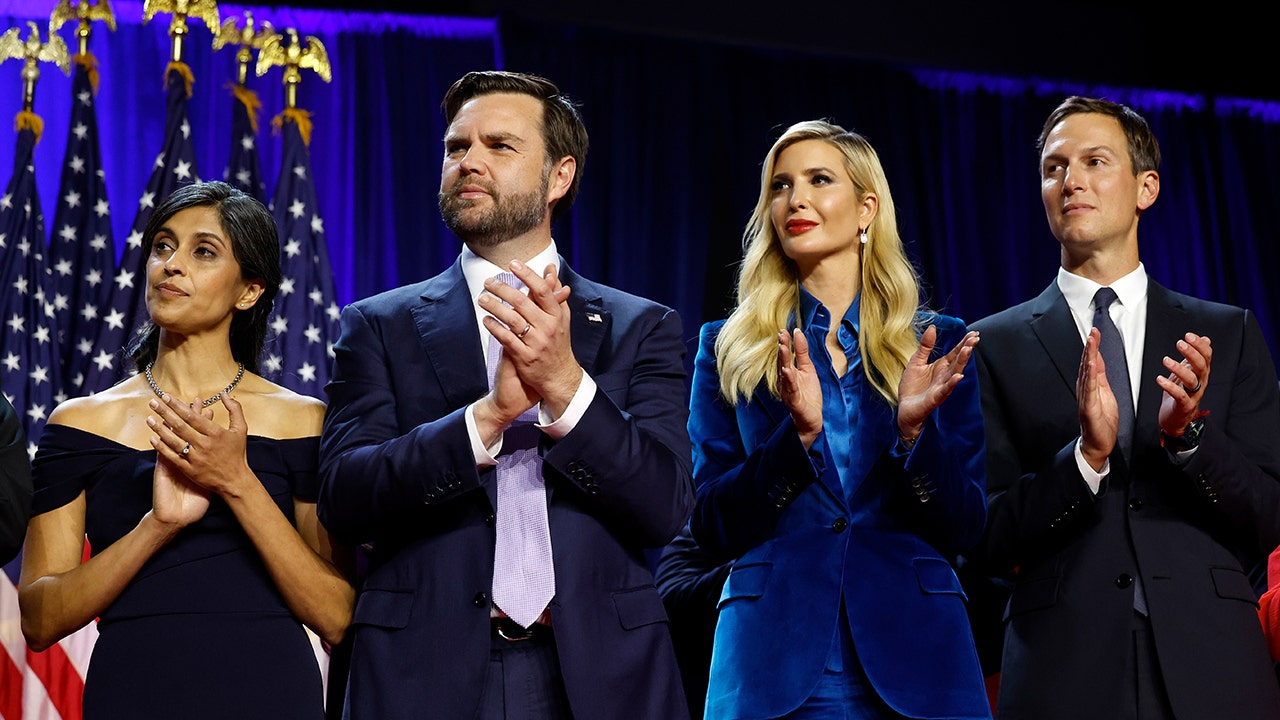


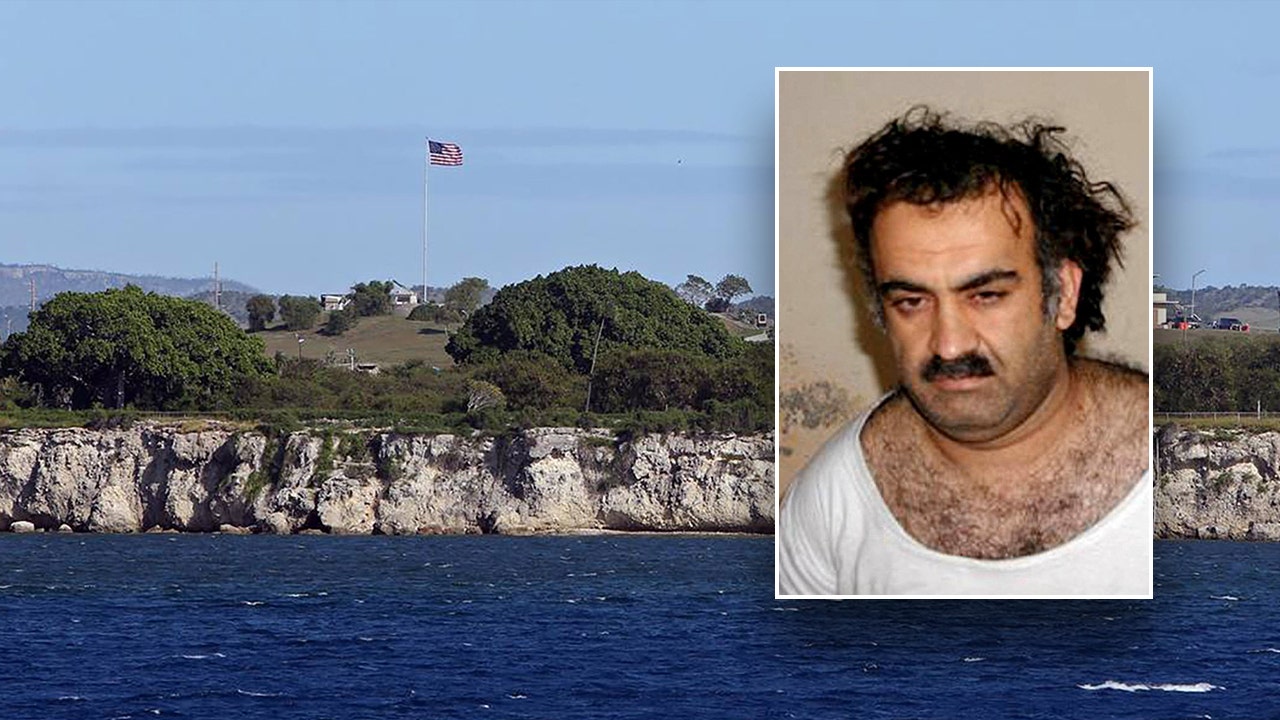
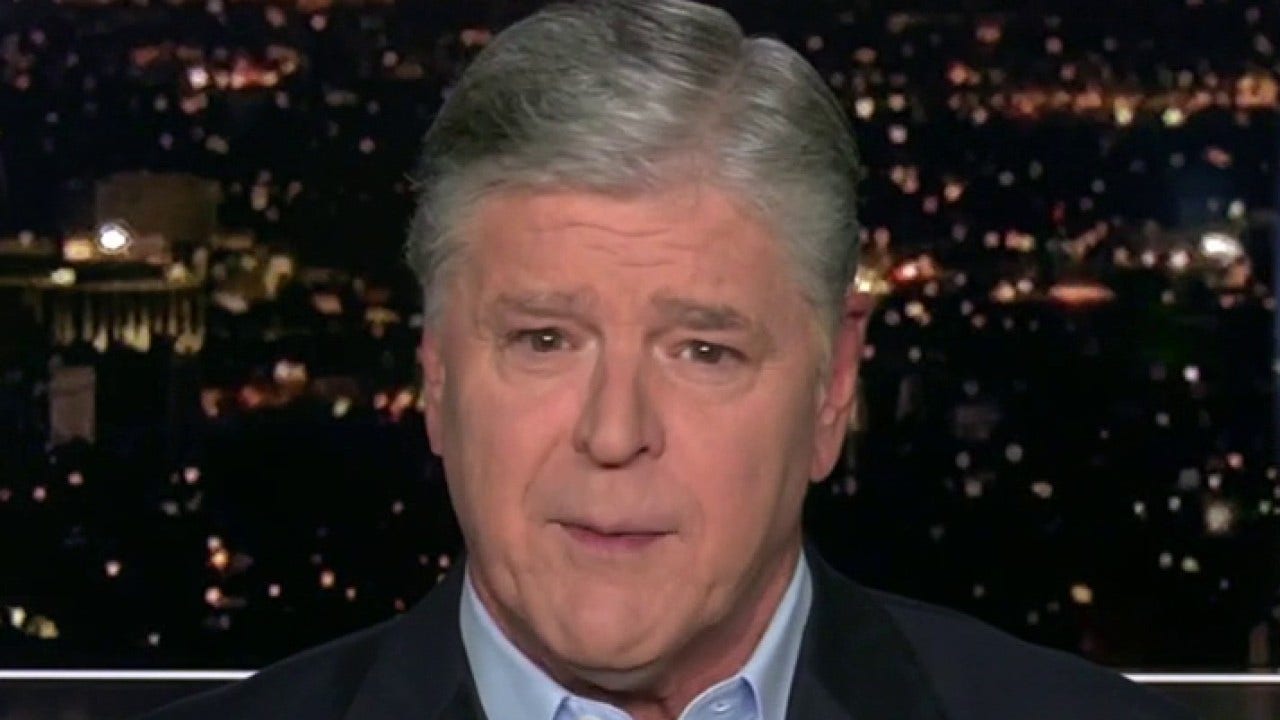
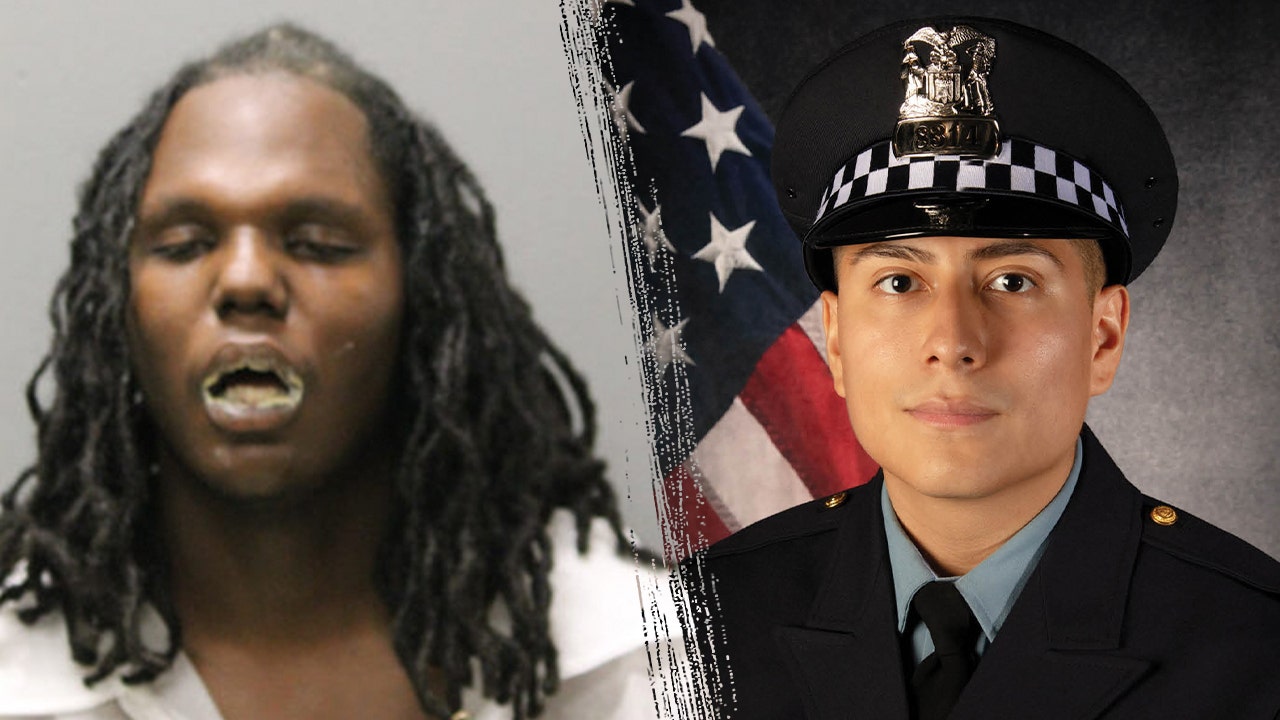
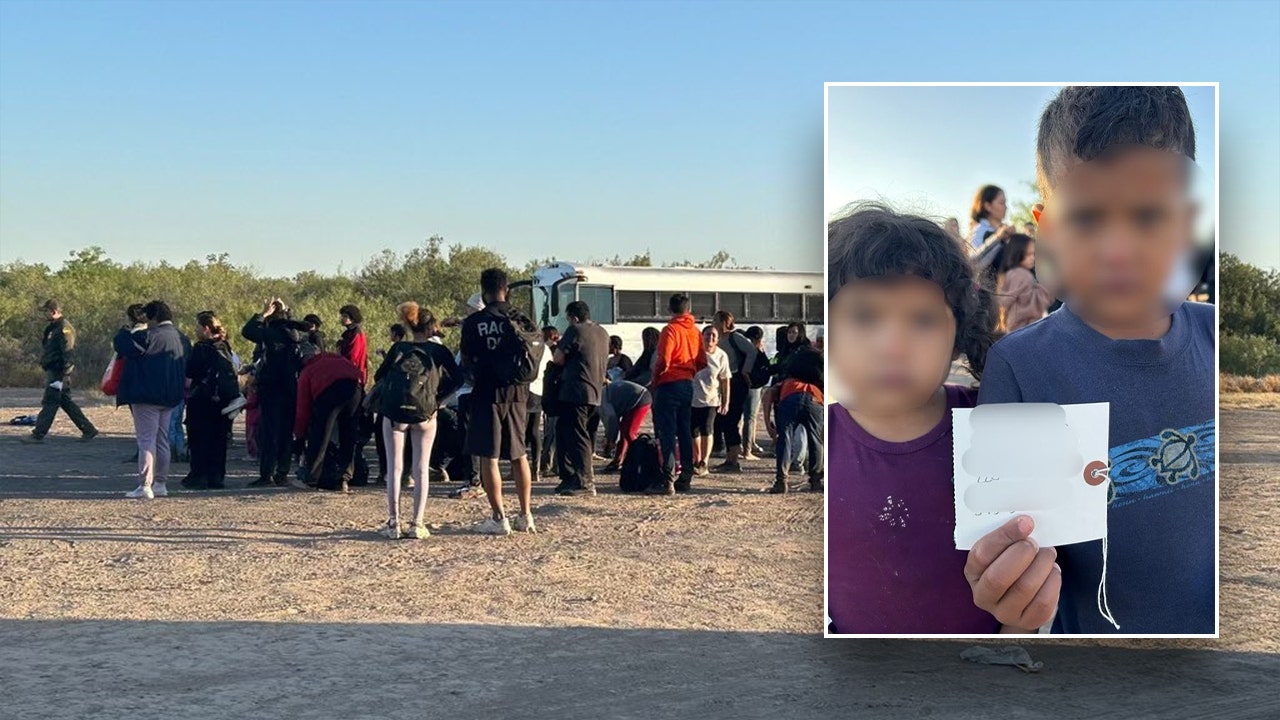






 English (US) ·
English (US) ·